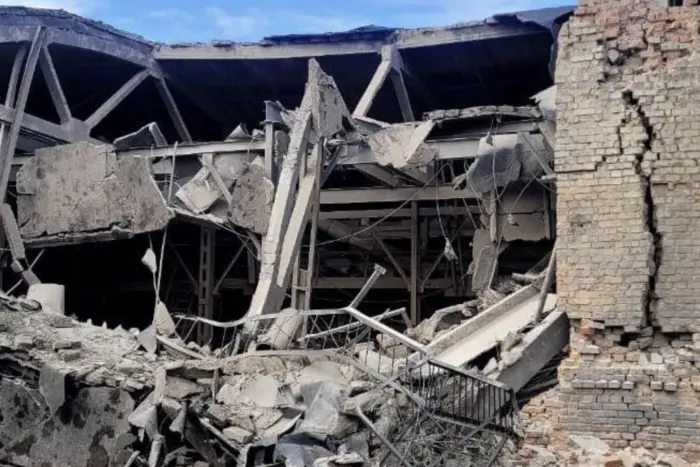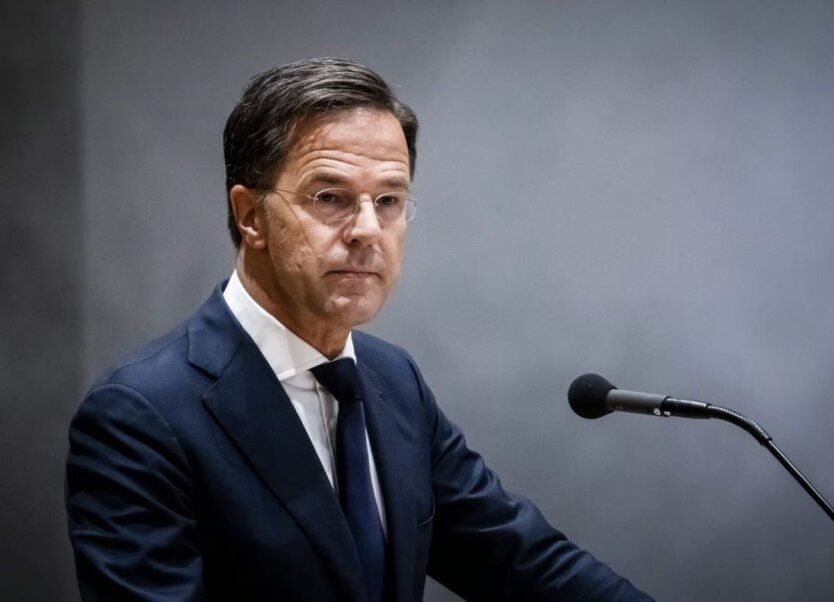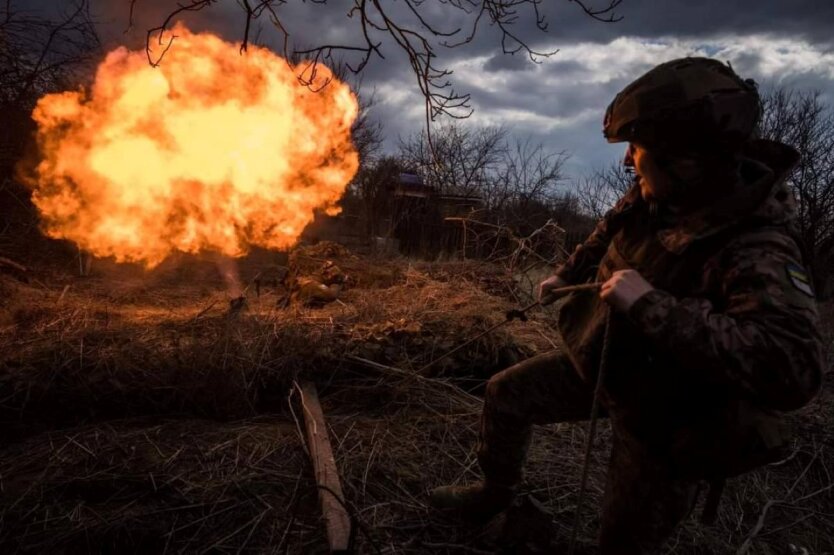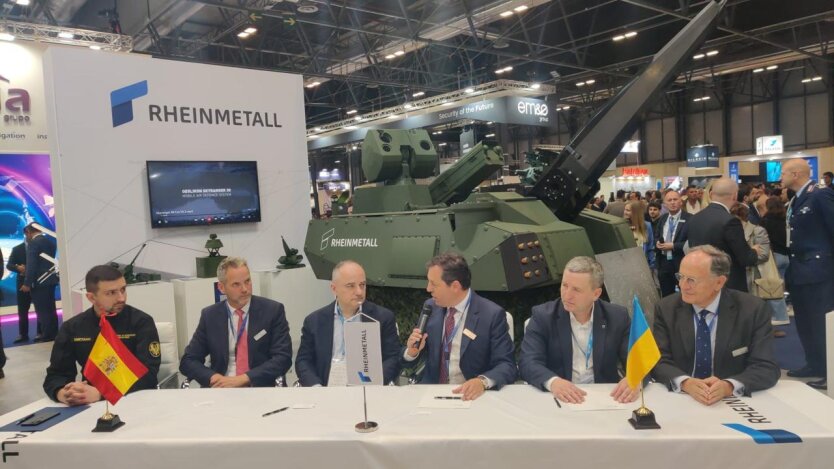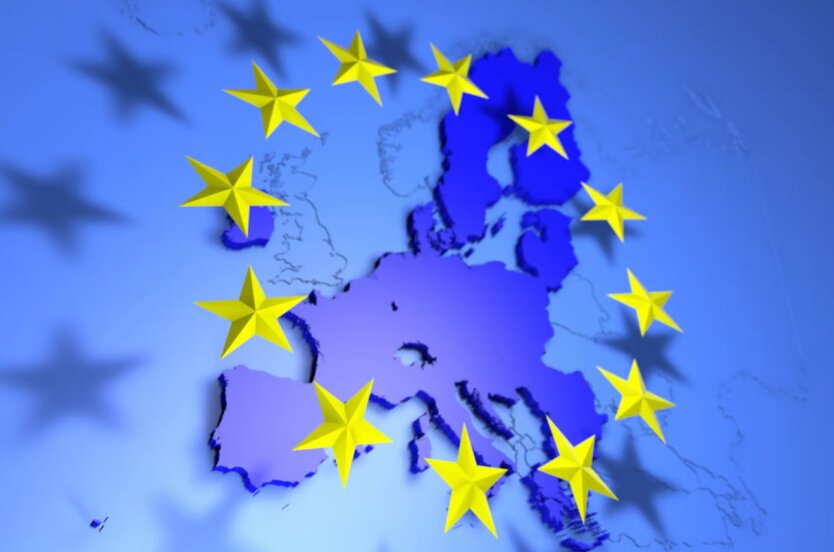Leads to 'significant' losses: NATO assesses the risk of a Russian attack on the Alliance.

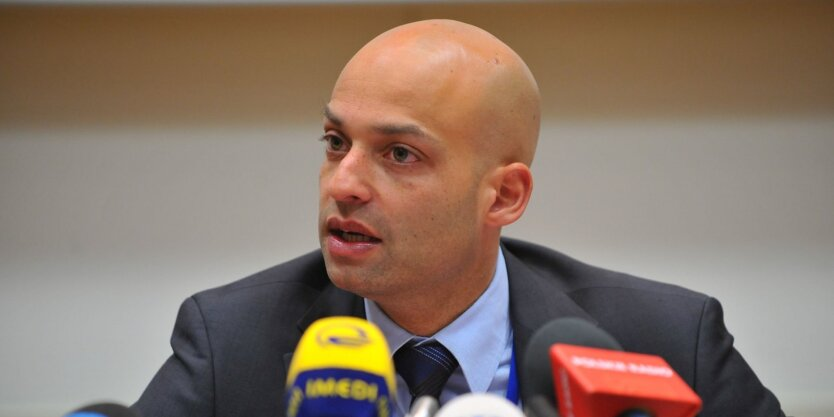
NATO has expressed concern about the real threat of a non-conventional attack by Russia on the Alliance that could result in a large number of casualties. This was stated by NATO official James Appathurai in an interview with Sky News.
According to him, there is a possibility that Russia may carry out diversionary or pyrotechnic attacks on NATO, which could lead to significant human losses.
Appathurai, who is involved in updating NATO's strategy on hybrid warfare, pointed out the need for a clear understanding between the Alliance and Moscow regarding the limits of combat actions in the 'gray zone' and the possible response to attacks, including the use of military force.
He also emphasized that Russian hybrid attacks on Europe, the USA, and Canada have risen to a level that would have been unacceptable for NATO five years ago.
The Deputy Assistant Secretary General of NATO for Innovation and Hybrid Technologies highlighted that there have already been many hybrid attacks, including cutting underwater cables and diversionary actions against buildings. He noted that such actions could have serious consequences in the event of a significant number of casualties or large economic losses.
Appathurai noted that NATO's strategy for countering hybrid warfare will be updated, taking into account new threats, including attacks from Russia, China, Iran, and North Korea. An updated policy is planned to be adopted at the NATO summit in 2025.
Read also
- A Day of Mourning Declared in Sumy After Russian Strike
- The Ministry of Defense explained whether foreigners or stateless persons can obtain combatant status in the Armed Forces of Ukraine
- Trump demands 5% of GDP for defense: how NATO plans to meet this unprecedented requirement
- Russians are trying to establish fire control over logistics routes in Zaporizhzhia
- Strategic Partnership: Ukroboronprom and Rheinmetall Expand Arms Production in Ukraine
- Around 200 vessels and dozens of companies: EU tightens the sanctions loop around Russia

